MY
MOTHERS
SABBATH
DAYS
MY
MOTHERS
SABBATH
DAYS
A MEMOIR
CHAIM GRADE
translated from the Yiddish by
Channa Kleinerman Goldstein
and Inna Hecker Grade

A JASON ARONSON BOOK
ROWMAN & LITTLEFIELD PUBLISHERS, INC.
Published in the United States of America
by Rowman & Littlefield Publishers, Inc.
A wholly owned subsidiary of The Rowman & Littlefield Publishing Group, Inc.
4501 Forbes Boulevard, Suite 200, Lanham, Maryland 20706
www.rowmanlittlefield.com
PO Box 317
Oxford
OX2 9RU, UK
Copyright 1982 by Estate of Chaim Grade
Published by arrangement with Alfred A. Knopf, Inc.
First Jason Aronson Inc. edition 1997
First Rowman & Littlefield edition 2004
All rights reserved. No part of this publication may be reproduced, stored in a retrieval system, or transmitted in any form or by any means, electronic, mechanical, photocopying, recording, or otherwise, without the prior permission of the publisher.
British Library Cataloguing in Publication Information Available
Library of Congress Cataloging-in-Publication Data
Grade, Chaim, 1910
[Mames Shabosim. English]
My mothers Sabbath days : a memoir / by Chaim Grade.
p. cm.
Translation from Yiddish.
Previously published: 1st ed. New York : Knopf, 1986.
ISBN: 978-1-56821-962-2
1. Grade, Chaim, 1910 Biography. 2. Authors, YiddishBiography. 3. World War, 19391945Personal narratives, Jewish. 4. Refugees, JewishSoviet UnionBiography. I. Title.
PJ5129.G68Z46613 1997
839. 134dc21
97-12723
[B]
Printed in the United States of America
 The paper used in this publication meets the minimum requirements of American National Standard for Information SciencesPermanence of Paper for Printed Library Materials, ANSI/NISO Z39.48-1992.
The paper used in this publication meets the minimum requirements of American National Standard for Information SciencesPermanence of Paper for Printed Library Materials, ANSI/NISO Z39.48-1992.
Contents
by Inna Hecker Grade
Foreword
WHEN PLANS TO TRANSLATE My Mothers Sabbath Days became known, two very special people sent me priceless items from their personal archives. One is Chaim Grades childhood friend who knew his mother, Vella, personallythe historian and archivist of Vilna, Leyzer Ran, editor/compiler of the multilingual encyclopaedia Jerusalem of Lithuania. The other is Yehoshua Misholi, the Israeli author and educator, and brother of Grades first wife, Frumme-Liebe, or Frumme-Liebche, as she is called in this volume. Yehoshua Misholi sent me Frumme-Liebes and Chaims letters to her family, letters that shed much light on their life before and after the Soviet invasion of Vilna, which is described in the present volume. Leyzer Ran provided, among other historical documents, transcripts of clippings from Vilna Yiddish newspapers, dating back to 1934. Below is the text of one such clipping, which appeared on June 22, 1939, in the Yiddish daily Unzer Tog, reporting on what proved to be the last rabbinical convention ever held in Eastern Europe:
Rabbi Regensburg, the octogenarian Rav of Zambrow, the grandfather of Grades wife, speaks, summoning his last strength. His speech reminds one of the times when upon hearing such words, Jews were prepared for utmost self-sacrifice for the sake of the Holy Name. In the audience was Chaim Grade.
This article points to Chaim Grades position in pre-World War II Vilna; the aged and venerable Rabbi Regensburg is introduced as the grandfather of Grades wife. For the reporters of Unzer Tog, a secular paper, it was a source of wonderment that Grade, who had broken away from Orthodoxy, should nonetheless attend their convention. The truth is that he attended it as an artistnot, to be sure with any deliberate intention of describing the rabbis, but rather, led on by that curiosity and love that live side by side in the soul of an artist, curiosity about and love for his subject. He loved the world of rabbinical scholarship into which he had himself been born, and whose beautiful daughter, Frumme-Liebe, had become his wife.
Chaim Grade left numerous manuscripts yet to be published in Yiddish and eventually translated into English, and a number of major works already published in Yiddish, and scheduled for translation. The present volume, My Mothers Sabbath Days, is one of the latter, and I want to take this opportunity to express my gratitude to Melvin Rosenthal, who worked on this volume, as he worked on Rabbis and Wives, as copyeditor and coordinator. I am delighted that my co-translator of this volume, Mrs. Channa Goldstein, values Mr. Rosenthals work as much as I do. And above all, to Chaim Grades devoted editor, Ashbel Green, I wish to offer my heartfelt thanks for his invaluable assistance and for his unfailing kindness and courtesy.
IN My Mothers Sabbath Days, Chaim Grade presents not much more than a sketch of his tragic father, the formidable Rabbi Shlomo Mordecai Grade, maskil (champion of enlightenment), Hebraist, and early Zionist, who was well known for challenging rabbinical rulings and was, indeed, at war with almost all of Orthodox Vilna. Rabbi Shlomo Mordecai did not defer even to the Hazon Ish, one of the greatest Talmudic authorities of all time, and a true saint who chose young Chaim as his personal disciple. The difficult relationship of the maskil Rabbi Shlomo Mordecai and the ultra-Orthodox Hazon Ish developed into a veritable duel for the heart and mind of a youth who was at once the favorite son of one and the favorite disciple of the otherwith the victory going in the long run to the father.
In the present work, Grade portrays the frightful poverty of the Jewish working massesfor which reason, very much as in the underdeveloped countries of today, Communism had numerous followers. True, the Jewish Socialist Bund also had a considerable membership, as did the Zionists as well. But Communism was by far the most powerful movement. This was source of great tragedy, not only because of the persecutions carried out by the semi-Fascist Polish regime, but also because so many poor, unsuspecting youth were lured by the local Party bosses into crossing the border to find the ideal life in the Communist paradise. These border-crossers promptly found themselves arrested as spies and shipped without trial into Soviet concentration camps, where they became slave laborers. In the present work, Grade shows vividly the despair of the parents of such young peoplenotably, the hunchbacked Velvel the tailor and Zalman Press, stocking-peddler and frustrated poet. Miraculously, one couple, Leyzer Ran and his wife, Bathsheva, survived the ordeal of ten years in Soviet slave labor camps and Siberian exile, and now live in New York City.
Mr. Ran reported his gruesome experience on the Soviet side of the border at a banquet in honor of Chaim Grade in New York on May 20, 1962. His testimony completed the portrayal of the tragedy, which in My Mothers Sabbath Days does not go beyond the border, since Grade is here concerned chiefly with what he himself witnessed and experienced. Playing on the title of Grades very popular poem Kraten (Prison Bars), Ran labeled the Soviet UnionRatenfarband in Yiddishthe Kratenfarband, that is, Union of Prison Bars.
VILNA WAS A CITY strongly influenced by both Polish and Russian culture. In Polish as well as Russian society, the position of a poet was akin to that of a prophet. Each political party strove to have a poet on its side, and it was for this reason that the Jewish Communists of Vilna did all they could to woo Chaim Grade, whose popularity and authority as a poet were enormous. Their first severe disappointment came when Grade married Frumme-Liebe, a clergymans daughter of a Zionist family in Palestine. The Communists actually tried to disrupt the marriagethe two chief culprits in this regard being a certain Jona (Yankel) Gutkowicz and his friend, a man whom Grade later described in the novel
Next page

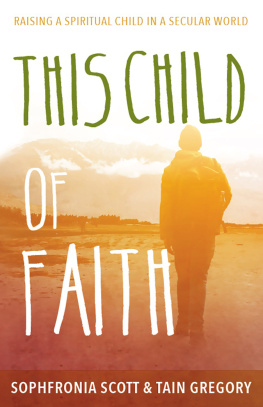

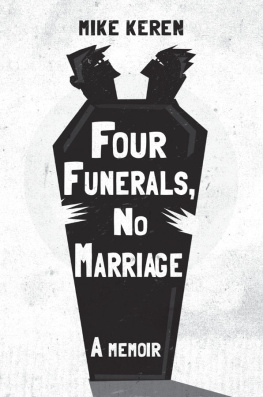
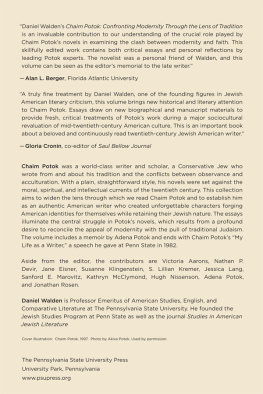
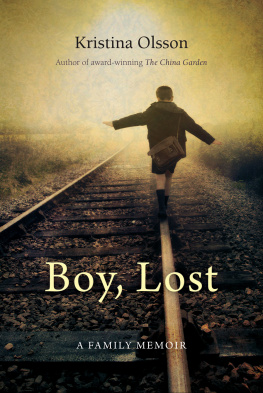
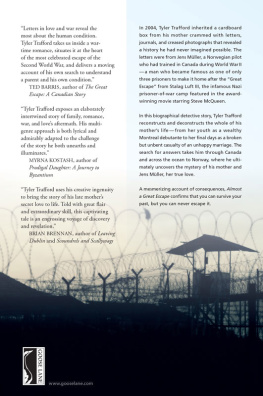

 The paper used in this publication meets the minimum requirements of American National Standard for Information SciencesPermanence of Paper for Printed Library Materials, ANSI/NISO Z39.48-1992.
The paper used in this publication meets the minimum requirements of American National Standard for Information SciencesPermanence of Paper for Printed Library Materials, ANSI/NISO Z39.48-1992.